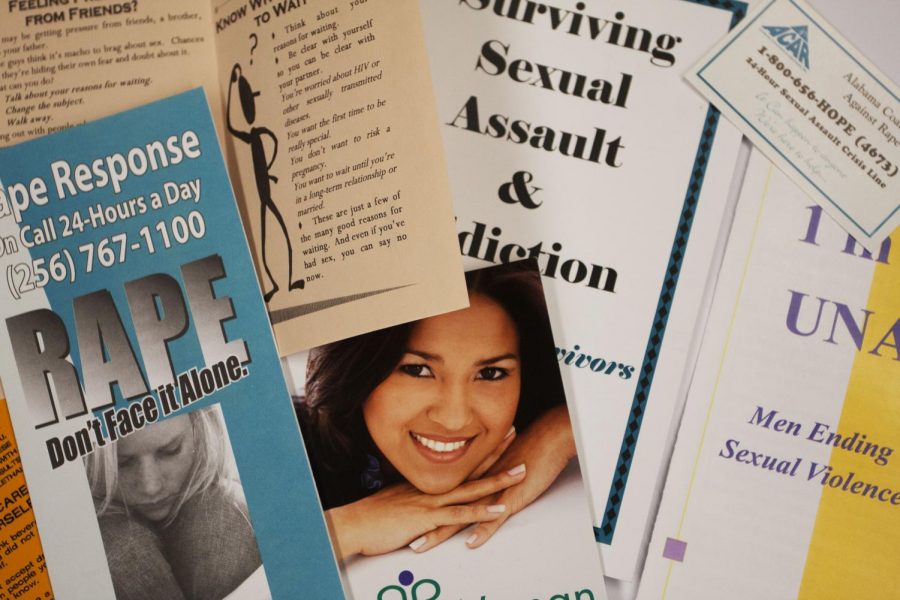How to heal
October 11, 2012
Each year, there are approximately 207,000 victims of sexual assault according to the Rape, Abuse and Incest National Network.
Rape is a source of trauma and can have long-lasting mental implications, said Selena Rachelle, victim services coordinator of Rape Response in Florence.
“Abuse causes trauma to the brain,” she said. “It is a complete rewiring of the brain.”
This rewiring of the brain is related to the hormone cortisol, she said.
Cortisol is produced by the adrenal gland as the body’s natural response to stress. In large doses, cortisol can impair cognitive performance and damage the hippocampus, which is the part of the brain responsible for memory, according to information gathered by Rape Response.
“It is not uncommon for us to get a report from victims who are unable to identify their victims at all (because of trauma to the brain),” she said.
According to Rape Response’s information, too much cortisol can be the building blocks of post-traumatic stress disorder. If this happens, the victim may develop known and unknown triggers that can cause flashbacks, panic attacks and anxiety.
“Triggers can be things you aren’t even aware of during the time of the rape,” she said. “Be aware that you (the victim) are not aware of all your triggers.”
Along with the damage caused by cortisol, a victim may also dissociate during the assault, which is a natural protective response to traumatic events, allowing a victim to block out the event, she said.
Rape Response provides free individual counseling. While each victim’s cases are individualized in what therapy is needed, Rachelle uses normalization and disclosure response, healing through having someone listen, as her main form of therapy.
“Disclosure response is one of the most important parts of healing,” she said. “We don’t make suggestions on how to heal. We haven’t walked their path so we don’t push people into what they need to do. We don’t tell people to get over it, we tell them they have to learn to live with it now.”
UNA Counseling Services also provides individualized counseling for victims of sexual assault.
“It has to be individualized,” said Lynne Martin, director of Counseling Services. “There are stages, from observation, when the individual kind of comes to grips with what happens. (Usually) that initial response is a shutdown and they need an advocate for this post-trauma time.”
According to Rape Response, there are steps victims need to take after a sexual assault.
“If possible, victims need to first call law enforcement,” Rachelle said. “It is also important they have support from family and friends.”
However, because of the memory impairment that can happen from trauma, victims should be aware they don’t have to sign their police report immediately, she said.
The next step should be to visit the Rape Response exam room or the emergency room to have a forensic rape kit performed, she said.
“We have an exam room, but we only have one full-time nurse,” she said. “As long as our nurse is on call, the exam room is open.”
The victim should avoid bathing, urinating, douching, eating and drinking before the medical exam, according to Rape Response. Clothing should also not be changed.
Victims of sexual assault need to be aware that, even if they engaged in risky behavior, it is not their fault, she said.
“I try to work on alleviating shame or self-guilt,” she said.
For more information, contact Rape Response at 256-767-1100 and UNA Counseling Services at 256-765-5215.












